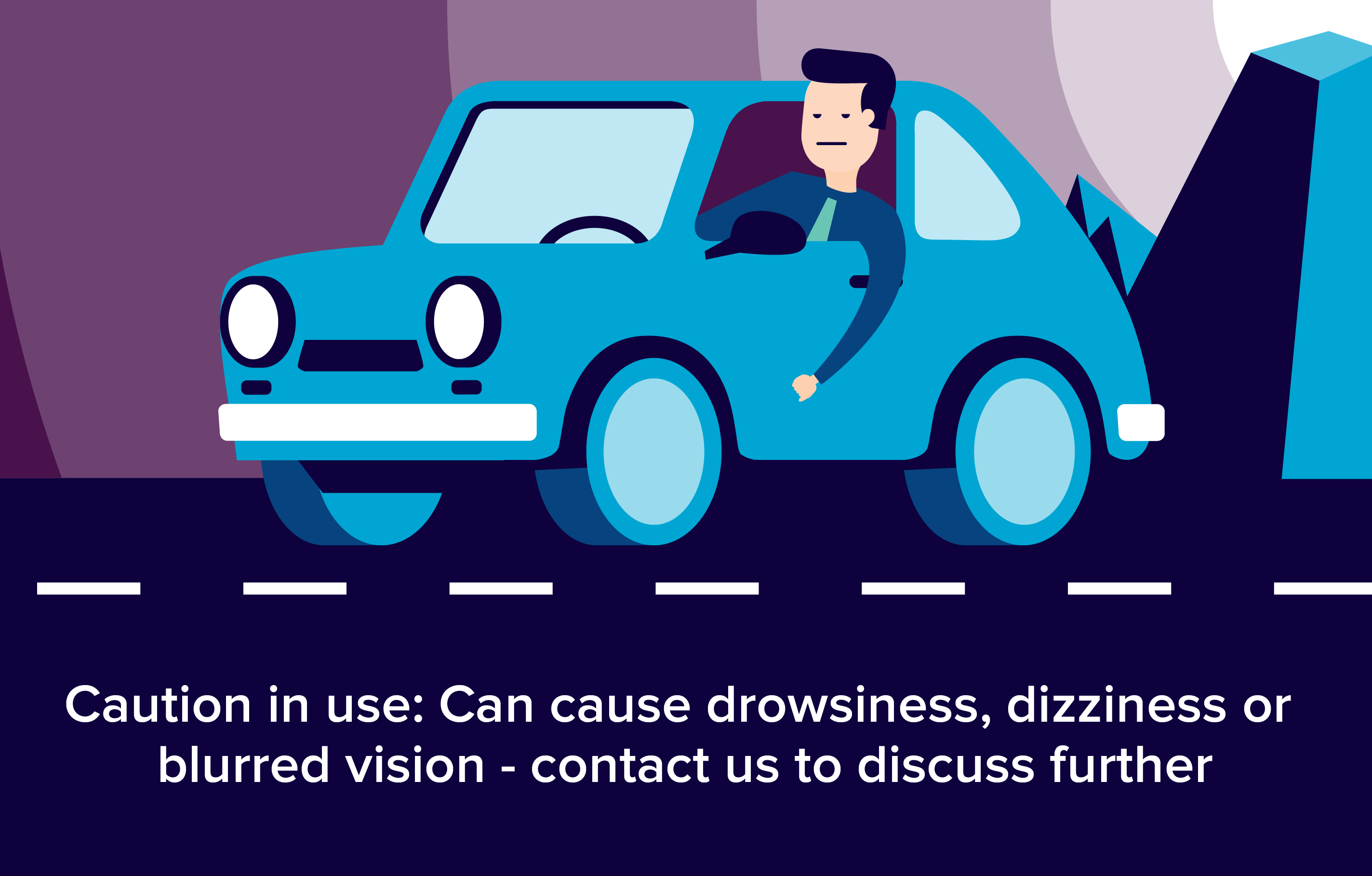Maxidex eye drops contain the active ingredient dexamethasone. Dexamethasone belongs to a group of medicines known as corticosteroids that are used for reducing inflammation.

What is it used for?
- Inflammatory conditions of the eye, eg conjunctivitis, iritis, uveitis, keratitis.
- Reducing eye inflammation following eye surgery.
- Treating injury to the front of the eye (cornea) caused by chemical, radiation or heat burns, or from penetration by a foreign object.
- Preventing rejection of grafts in the eye.
How does it work?
- Maxidex eye drops contain the active ingredient dexamethasone. Dexamethasone belongs to a group of medicines known as corticosteroids that are used for reducing inflammation.
- Corticosteroids are hormones produced naturally by the adrenal glands that have many important functions, including control of inflammatory responses.
How do I use it?
- Wash your hands before using the eye drops.
- Shake the bottle before use.
- Follow this link for advice on how to use the eye drops.
- It is important to follow the instructions given by your doctor. The usual dose is one or two drops into the affected eye(s) every 30 to 60 minutes for the first 24 to 48 hours. Once the inflammation is controlled this may be reduced to one drops four times a day for the rest of the treatment.
- Continue using the drops for as long as your doctor has advised. However, corticosteroid eye drops should not be used for longer than one week unless you are being regularly monitored by an eye specialist with regular checks of the pressure in your eyeball.
- If you wear soft contact lenses you should remove them before putting in these drops. Do not put your lenses back in for 15 minutes after using the drops. This is because the preservative in the eye drops may be absorbed by soft contact lenses and could discolour the lenses or cause eye irritation.
- When using the eye drops you should take care to not touch the dropper tip to any surface, or to your eye, in order to avoid contaminating the eye drops with germs that could cause eye infections.
Not to be used in
- Children under two years of age.
- Fungal infections of the eye.
- Viral infections of the eye, eg herpes simplex (except herpes zoster keratitis).
- Severe untreated bacterial eye infections.
- Tuberculosis infection affecting the eye(s).
- These drops should not be used to treat a red eye that has not been diagnosed by a doctor, as inappropriate use can cause blindness.
This medicine should not be used if you are allergic to any of its ingredients. Please inform your doctor or pharmacist if you have previously experienced such an allergy.
If you feel you have experienced an allergic reaction, stop using this medicine and inform your doctor or pharmacist immediately.
Pregnancy and breastfeeding
Certain medicines should not be used during pregnancy or breastfeeding. However, other medicines may be safely used in pregnancy or breastfeeding providing the benefits to the mother outweigh the risks to the unborn baby. Always inform your doctor if you are pregnant or planning a pregnancy, before using any medicine.
- The safety of this medicine for use during pregnancy and breastfeeding has not been established. The medicine may be absorbed into the bloodstream after application into the eye and can cross the placenta and pass into breast milk. It is not recommended for use during pregnancy or breastfeeding unless the potential benefits to the mother outweigh any possible risks to the baby. Consult your doctor for further advice.
- If your doctor does ask you to use these eye drops while you are pregnant or breastfeeding, you can minimise the amount of medicine that is absorbed into your bloodstream and thus passes to your baby, by pressing on your tear duct while putting in the drops, and for a few minutes after. The tear duct is at the corner of the eye closest to your nose.
Side effects
Medicines and their possible side effects can affect individual people in different ways. The following are some of the side effects that are known to be associated with this medicine. Just because a side effect is stated here, it does not mean that all people using this medicine will experience that or any side effect.
Common (affect between 1 in 10 and 1 in 100 people)
- Discomfort in the eye(s).
Uncommon (affect between 1 in 100 and 1 in 1000 people)
- Dry or watery eyes.
- Irritation, itching, or redness of the eye(s).
- Sensitivity to bright light.
- Blurred vision.
- Sensation of something in the eye.
- Crusting on the eyelids.
- Changes in taste.
Frequency unknown
- Increased pressure within the eye(s).
- Reduced vision.
- Drooping of the eyelid(s).
- Dilated pupils.
- Intensive or prolonged application of corticosteroids to the eye may lead to thinning of the cornea (front part of the eyeball), glaucoma, damage to the optic nerve, development of eye infections, or the formation of cataracts. Your eye specialist will want you to have regular eye check-ups to monitor for these types of side effects if you use this medicine for longer than a week.
The side effects listed above may not include all of the side effects reported by the medicine's manufacturer.
For more information about any other possible risks associated with this medicine, please read the information provided with the medicine or consult your doctor or pharmacist.
How can this medicine affect other medicines?
- No specific studies have been performed by the manufacturer to determine if this medicine interacts with any other. It is not known how much, if any, of this medicine is absorbed into the bloodstream after being administered into the eye, which makes it difficult to predict interactions that may occur. You should tell your doctor or pharmacist that you are using this medicine before using any others.
- If you are using more than one type of eye drop you should administer them at least five minutes apart, to prevent the subsequent drops washing away the first. Use eye gels or ointments last.
References:
http://www.mydr.com.au/medicines/cmis/maxidex-eye-drops
http://www.netdoctor.co.uk/medicines/eyes/a7066/maxidex-eye-drops-dexamethasone/
https://www.drugs.com/pro/maxidex.html
https://www.medicines.org.uk/emc/medicine/68


